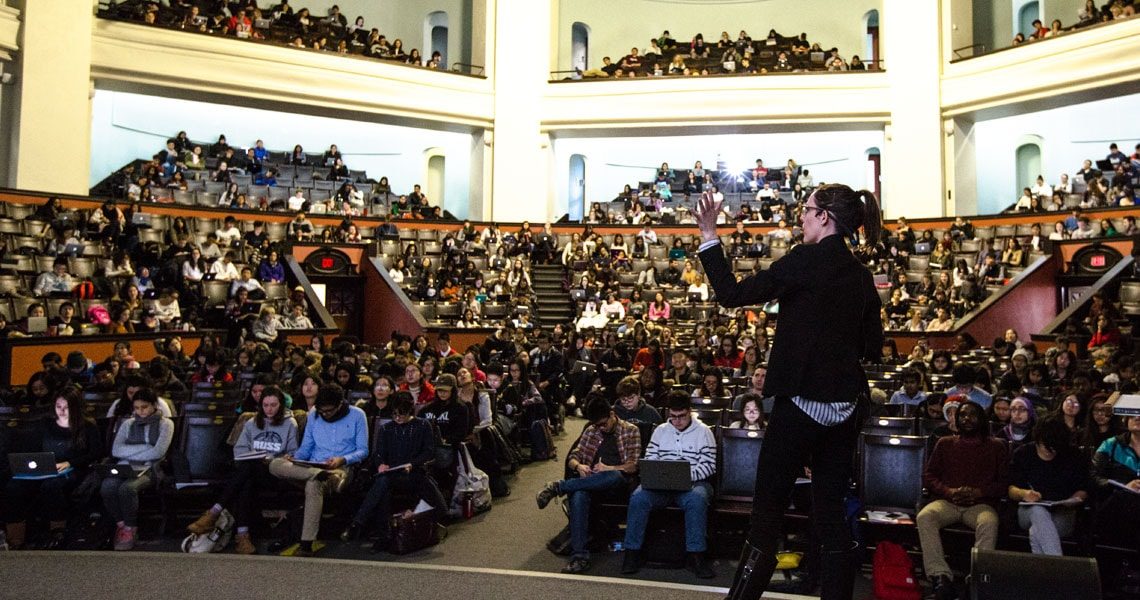Title: “Integrating Risk in the Timing of Outcomes”
Abstract: This study investigates human behavior when individuals make choices that are uncertain in both realization timings and outcomes. Individuals’ choice patterns are explored in controlled experiments through a new type of lottery, “two stage compound time-lottery,” in which the first stage determines the realization timing and the second stage determines the realization outcome. We first examine the validity of the standard expected utility (EU) model and find that EU fails to account for the majority of our subjects. As the alternative, we examine three non-expected utility models developed from rank dependent utility: recursive rank dependent utility (RRDU), intertemporal certainty equivalent (ICE) and rank dependent utility on discounted payments (RDUDP). The results show that individuals are heterogeneous and two choice patterns emerge. Approximately two-thirds of subjects do not reduce compound time-lotteries and their choices can be rationalized by RRDU. For the rest one-third of subjects who employ reduction, their choices can be rationalized by RDUDP. Only fewer than 7% of subjects can be rationalized by ICE or discounted expected utility.
Location: Max Gluskin House, Room 106
Date: October 16, 2024
Time: 12:10-13:30
